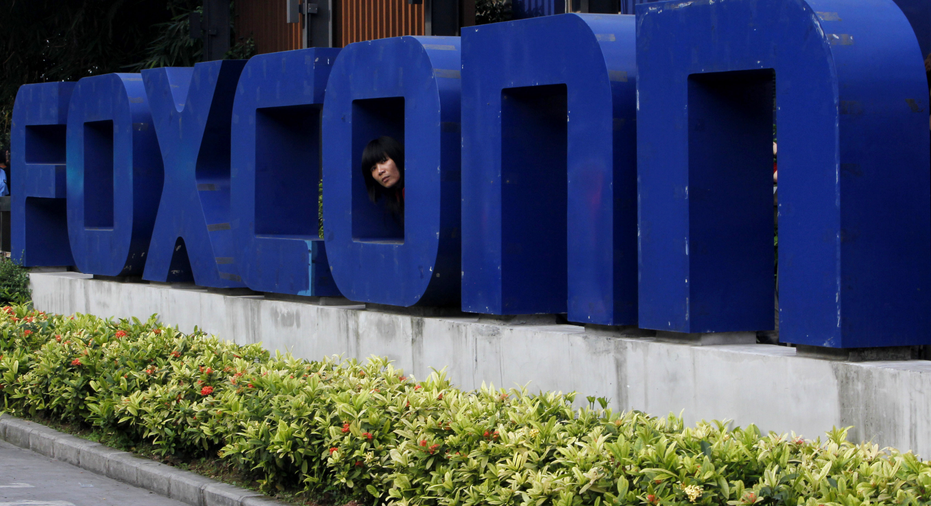Concerns increase in Wisconsin over deal for Foxconn plant

MADISON, Wis. – Concerns are increasing among lawmakers and others in Wisconsin over what incentives the state may offer to become the first U.S. home of Taiwanese electronics giant Foxconn.
Little has been revealed about what tax breaks, subsidies, free land and other financial incentives or promises Republican Gov. Scott Walker and state economic development officials may be extending to seal the deal with Foxconn, the biggest contract assembler of smartphones and other devices for Apple and other brands.
Foxconn has said Wisconsin is competing with Michigan, Ohio, Pennsylvania, Illinois, Indiana and Texas for its first U.S. factory with billions in investments and thousands of new jobs. Foxconn is looking to build the country's first liquid-crystal display factory and possibly other operations in the U.S. An announcement on Foxconn's plans could come as soon as this week.
Walker has refused to even confirm that he's in negotiations with Foxconn, let alone disclose what enticements he's extending. State lawmakers have said "huge, big numbers" are being discussed, but even they don't know the details. Michigan recently approved a $200 million annual job-creation tax incentive package to sweeten its offer to Foxconn.
"I hope that cooler heads prevail when putting these incentive packages together," Steve Deller, a University of Wisconsin-Madison professor of agriculture and applied economics, said Tuesday. "Sometimes states get so caught up in playing the game that they lose sight of the costs these incentives incur. Wisconsin has historically not played that game."
Tom Still, president of the Wisconsin Technology Council, examined deals made in six other states to land large manufacturers. Based on those, if Foxconn is looking to build a plant that employs 10,000 people in Wisconsin, the state may have to offer $2 billion in incentives to be paid over a period of years, Still said.
Whether it's worth the cost is "a calculation that policymakers will have to make," Still said, but he thinks it would be a good deal "because of what a game-changer this could be for Wisconsin."
Democrats who are in the minority in the Legislature have been kept in the dark, said two members of the budget-writing committee. State Sen. Jon Erpenbach is worried that Walker may make promises that require legislative approval, then blame lawmakers if they don't go along because of the cost.
"It's a balance between making sure taxpayers are protected and we're not giving away the store for the political gain for Scott Walker," Erpenbach said. "If it's a deal for both sides, that's great."
Deller is also concerned that Walker — eager to bolster his resume as a job-creator as he heads into re-election next year — may give up too much. Walker ran in 2010 on the promise to create 250,000 jobs, but still hasn't hit the mark.
"If I was in the governor's shoes, I would be making a very sweet offer from the perspective of the company," Deller said. "A sweet offer from the perspective of Wisconsin taxpayers? Maybe not."
Deller said in addition to the cost to state taxpayers, schools and local governments could also be pinched because deals to large companies often allow them to escape paying property taxes, which pay for some local services.
There are also unanswered questions about the quality of jobs that would be created, how much they would pay and how long they would last. Foxconn has replaced at least 40,000 of its workers in China with robots.
But Democratic state Rep. Gordon Hintz said he's optimistic because of what a large factory could mean to the state.
"I just hope we get this right," he said.
___
Follow Scott Bauer on Twitter at https://twitter.com/sbauerAP



















